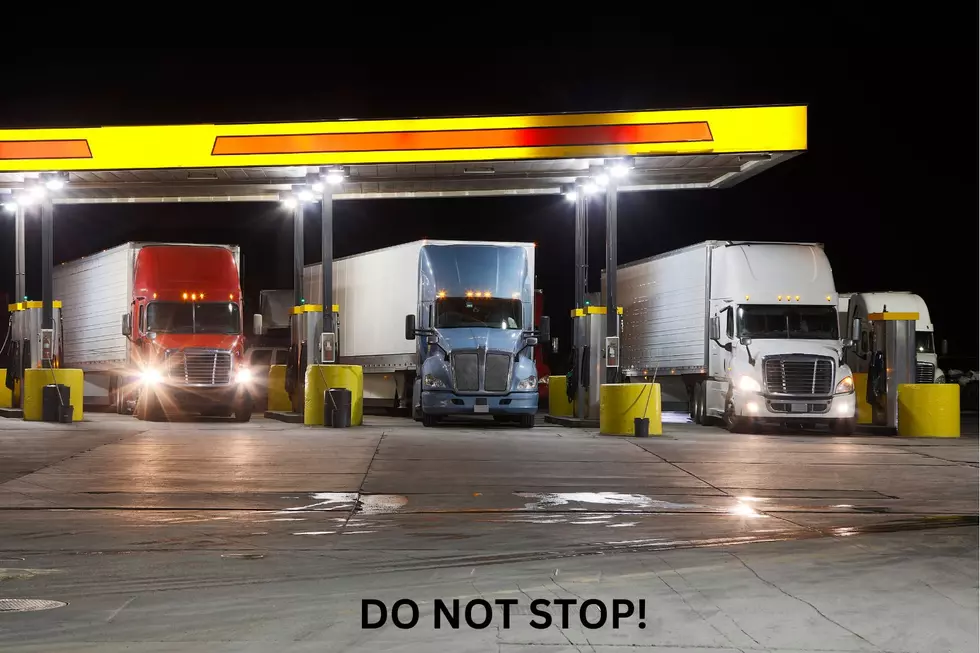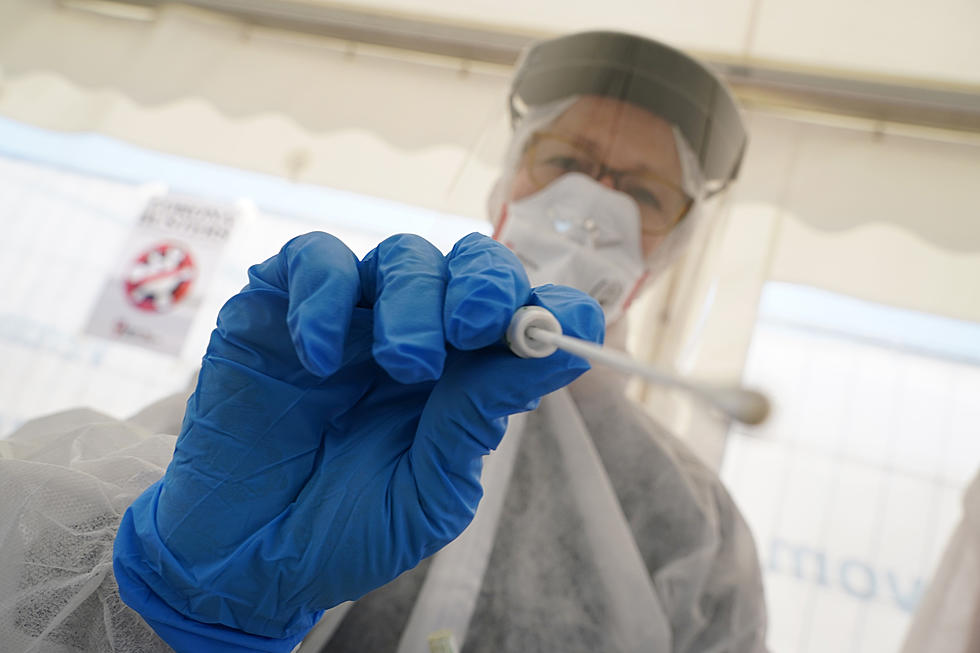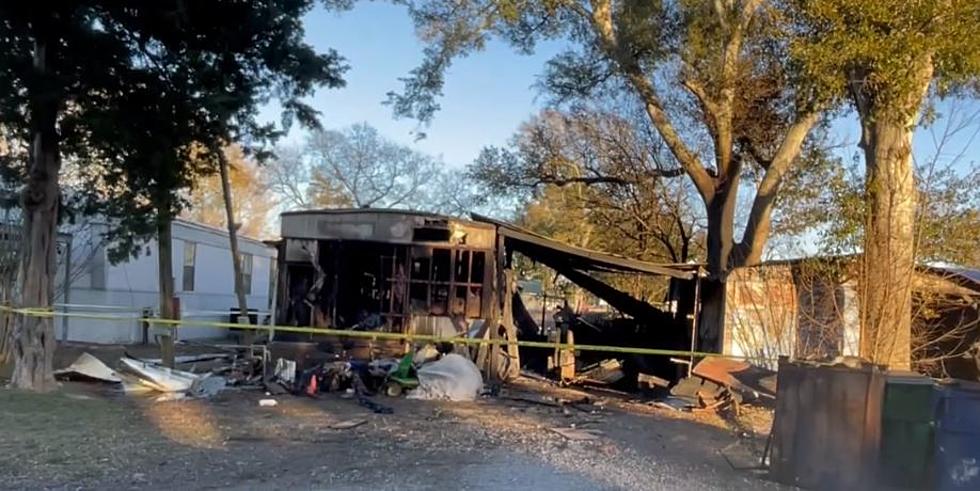
South Louisiana Only “Days Away From Refusal of Transport” Due to COVID Conditions
As COVID conditions have reached dire levels in South Louisiana, some people still think the situation is being way overblown.
It's a classic case of not being able to believe something unless you're able to physically see it happening before your eyes. At this point, anyone in South Louisiana who hasn't been touched by COVID should consider themselves lucky but that may not be the case for long.
Not only are COVID cases rising at an alarming rate, but hospitalizations and deaths are at an all-time high during this most recent surge due to the Delta variant. Just over the weekend, another 13,000 cases were reported in Louisiana and since yesterday (8/15), another 65 state deaths were added to the rising total of lives lost to the coronavirus.
CBS This Morning Lead National Correspondent David Begnaud spoke to Acadian Ambulance Chief Medical Officer Chuck Burnell who warned that by week's end, this situation could make itself seen for those who refuse to believe it's actually happening.
Burnell is no stranger to tough decisions when it comes to life and death in times of crisis. During Katrina, Burnell was the person who determined who got airlifted and who didn't—so that alone should let you know how familiar he is with life and death situations.
He described the recent COVID surge as the "storm that no one sees" because confidentiality in the medical world somewhat insulates the public from the reality of what our nurses and doctors are seeing every day. Burnell says that "every second of every day" people are dying and that while it may seem like a news story for some, other people are living on an emotional rollercoaster from hell.
Burnell said that beyond the call for prayers that you may see on Facebook, the reality is that families in hospitals are hanging on every single word from doctors and nurses since COVID prevents them from being near their loved ones as they do their best to fight COVID—especially when they don't win.
When it comes to hospital beds filling up, we've seen the warnings for weeks now, but according to Burnell, the worst-case scenario may be realized by week's end.
The Chief Medical Officer told Begnaud that "treating in place" has already begun, which means COVID patients who can avoid a hospital visit are being tended to by responders and left to (hopefully) get better at home.
Commenters suggested that cameras show the reality going on inside hospitals for nonbelievers to see it for themselves. Others said that everything we needed to know could be seen in Burnell's eyes.
If you're not familiar with the term "refusal of transport," I'm here to tell you that it is exactly what it sounds like.
It's when an ambulance is unable to take you to a hospital for treatment—in this case, because there are no beds to treat you in. The only way full beds in hospitals free up is if someone gets better, or if someone dies.
While we're not at the "refusal of transport" level just yet, Burnell says that may very well change by the end of the week.
More From News Talk 96.5 KPEL









